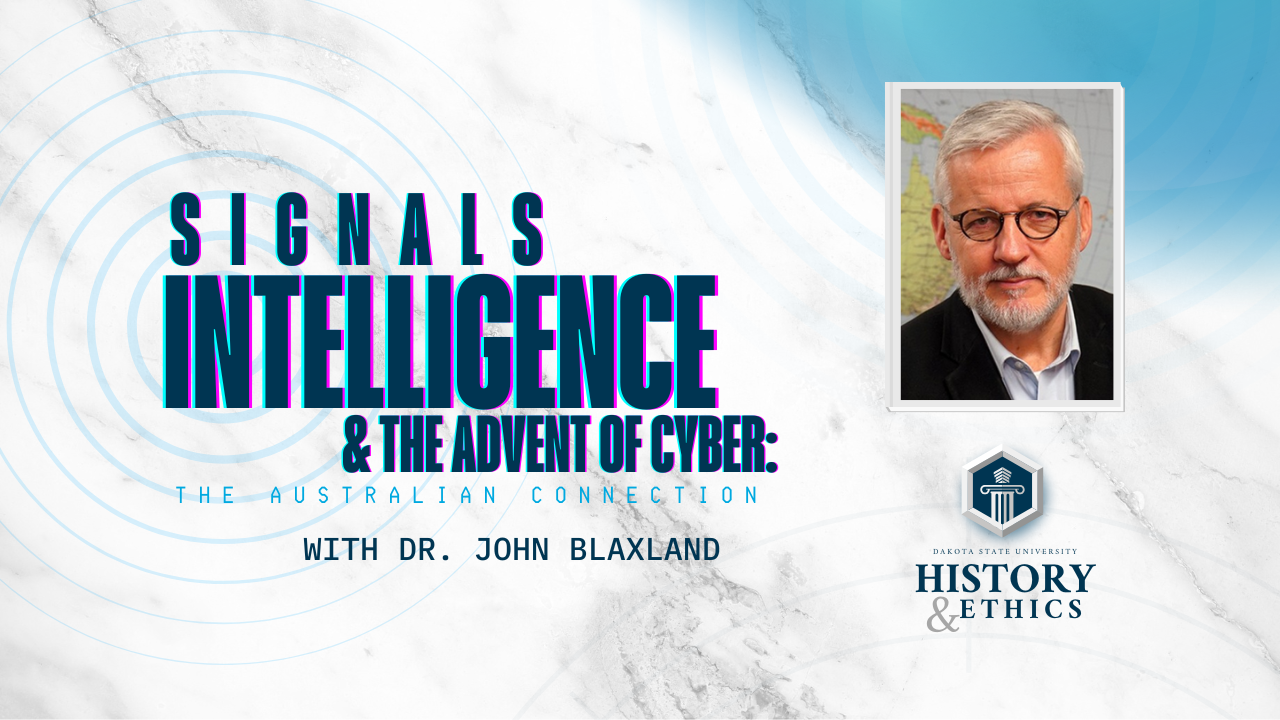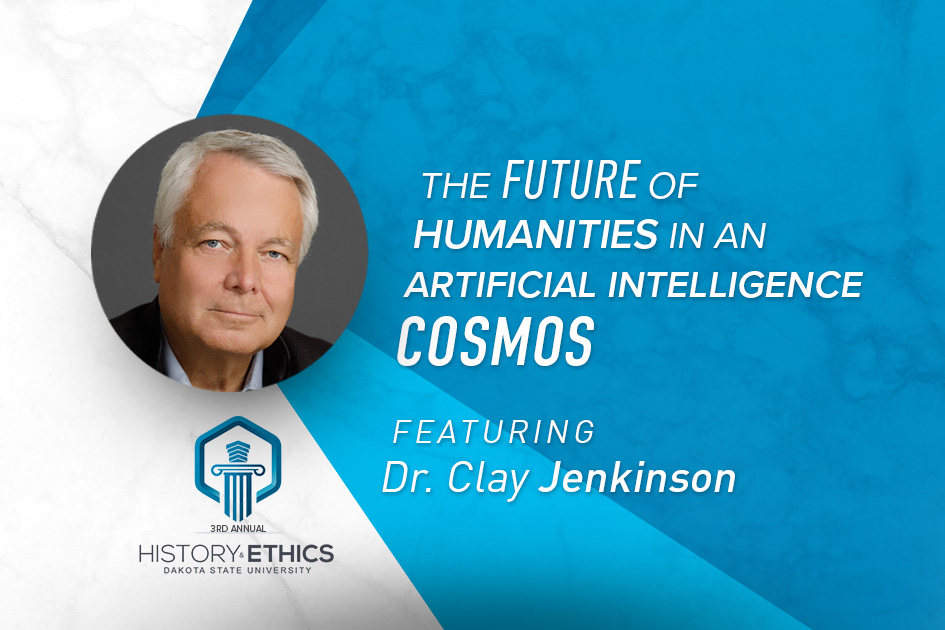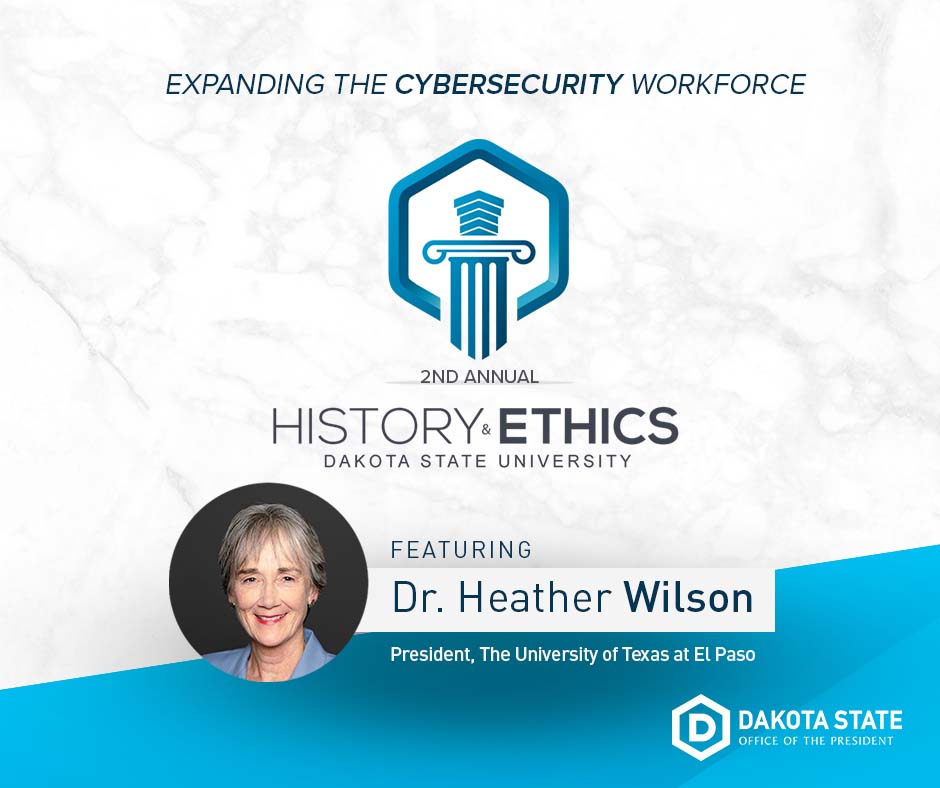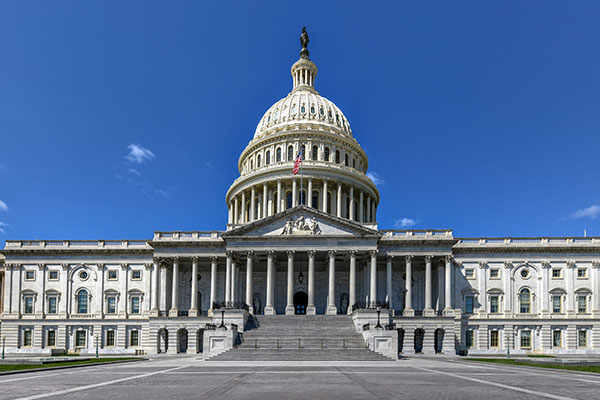History and Ethics Forum
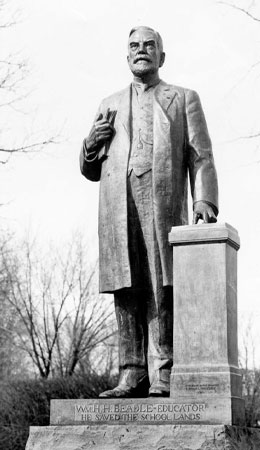
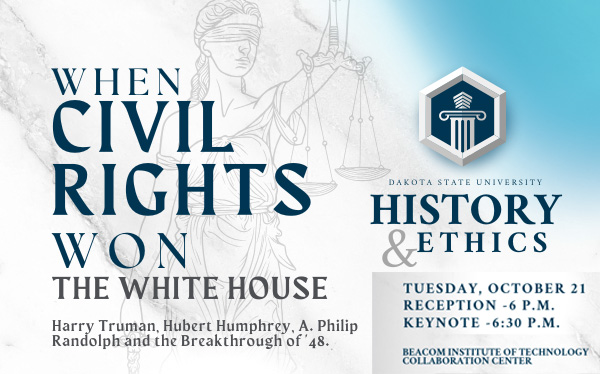
The long tradition of human thought and behavior is the only laboratory we have in which to test the consequences of ideas. Yes, Dakota State University is an institution best known for its computing-related courses and technological advances. But DSU is also wise enough, aware enough, to see that we cannot fully understand the computing revolution unless we can place it in context: What does history tell us?
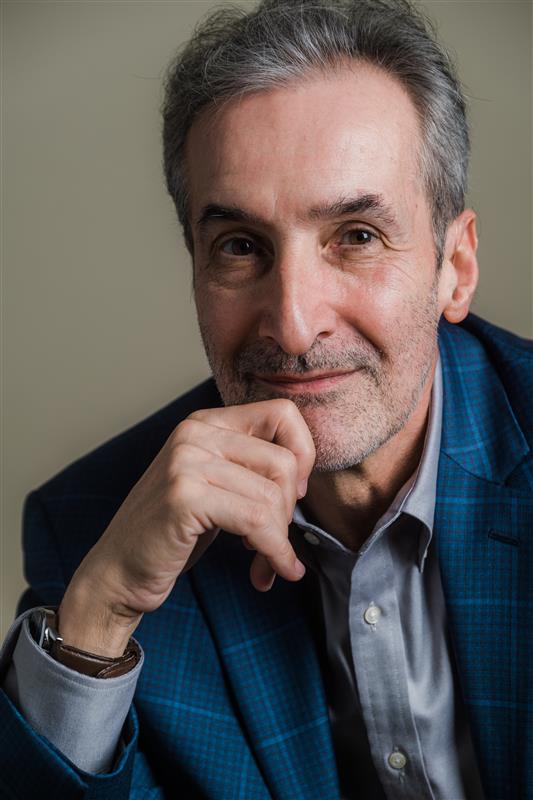
Hubert Humphrey's South Dakota Roots
On Tuesday, Oct. 21, Professor Samuel Freedman will give a talk on Hubert Humphrey’s South Dakota Roots as the fifth installment of Dakota State University’s History & Ethics forum.
Freedman is an award-winning author, columnist, and professor emeritus at Columbia University.
In addition to being a former columnist for the New York Times, Freedman is the author of 10 books, including the most recent “Into the Bright Sunshine: Young Herbert Humphrey and the Fight for Civil Rights,” which won the 2024 Hillman Prize for Book Journalism.
History & Ethics forum organizer, Dr. David Kenley, first heard Professor Freedman speak at an off-campus event and felt his topic was aligned with DSU’s mission for the event.
“When I learned that Hubert Humphrey was a South Dakotan, I knew our DSU community would find it both relevant and compelling,” he said.
Kenley noted Humphrey’s crucial role in advancing Civil Rights is often overlooked.
“Humphrey’s story reminds us that leaders from small states can make a national impact, and Freedman’s work highlights the importance of ethics and leadership,” Kenley said. “At DSU, we want our students to see that technology and research are never value-neutral—they must be guided by responsibility and civic purpose.”
The History & Ethics forum will begin with a reception at 6 p.m. on Tuesday, Oct. 21 in The Beacom Institute of Technology, with the keynote at 6:30 p.m.
Signals Intelligence and the Advent of Cyber: The Australian Connection
Technology has and will change the way we humans communicate. How this will affect our future was the subject of the 2024 History & Ethics forum.
Dr. John Blaxland, from Australian National University, was the featured speaker for this fourth annual event, intended to expand and enlighten society’s understanding of all things cyber, through the context that history and ethics provide.
The presentation showed how the threads of European, British, and American technological innovation, notably in signals intelligence, came together in Australia in the Pacific War in 1942. It also demonstrated how this secretive arrangement has persisted in the 80-plus years since.
Blaxland explained that this story spanned the Second World War, through the Cold War and beyond, showing how the digital revolution and the advent of cyber transformed the signals intelligence enterprise. He also discussed how these arrangements set the scene for an unprecedented three-way trusted collaboration on nuclear submarine propulsion and other advanced defense-related technology between the United States, the United Kingdom, and Australia through the AUKUS arrangement.
Blaxland is Director of the Australian National University (ANU) North America Liaison Office and Professor of International Security and Intelligence Studies in the Strategic and Defence Studies Centre (SDSC), Coral Bell School of Asia Pacific Affairs, College of Asia and the Pacific at the ANU.
He is the first Australian recipient of a U.S. Department of Defense Minerva Research Initiative grant (2015-18). He is the author of numerous books on military history, intelligence and international security issues. At ANU, he teaches “Honeypots and Overcoats: Australian Intelligence in the World” and supervises several doctoral students.
The Future of the Humanities in an Artificial Intelligence Cosmos
History and Ethics Forum: Expanding the Cyber-Security Workforce
Dr. Heather Wilson, President University of Texas at El Paso. Her presentation was titled “Expanding the Cyber-Security Workforce.” She is a veteran of the U.S. Air Force and has served as Secretary of the Air Force. She represented New Mexico in the U.S. Congress for 10 years and was President of the South Dakota School of Mines. She graduated from the U.S. Air Force Academy and earned her master’s and doctoral degrees from Oxford University in England as a Rhodes Scholar. She is a member of the National Science Board, which oversees the National Science Foundation, and in 2022 was elected inaugural chair of the Alliance of Hispanic Serving Research Universities.
History and Ethics Forum: The Essence of Freedom: Liberty from the Ancient Greeks to the American Founding
Dr. Bradley Birzer, Professor of History and the Russel Amos Kirk Chair in American Studies at Hillsdale College. In addition to his teaching duties at Hillsdale, Birzer is co-founder of The Imaginative Conservative website, and the author of several books, including Russell Kirk: American Conservative and American Cicero: The Life of Charles Carroll. His presentation was titled "The Essence of Freedom: Liberty from the Ancient Greeks to the American Founding.”

